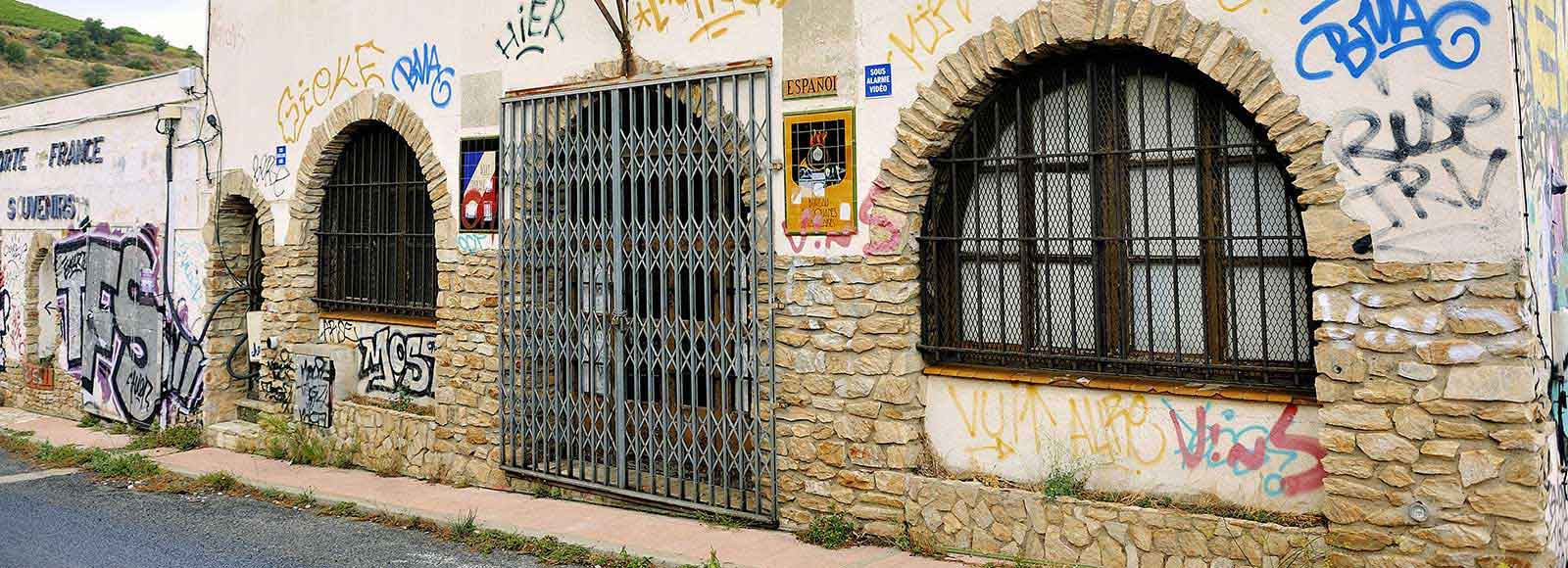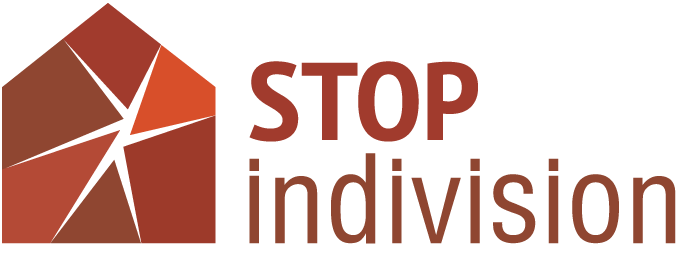Qu’est-ce qu’un squat de maison ?
Le squat désigne l’occupation d’un lieu destiné à l’habitation dans lequel une ou plusieurs personnes se sont introduites par effraction (bris de porte ou volet…), par tromperie, menace ou violence. Les squatteurs occupent et se maintiennent donc illégalement dans un logement ou local vide, voire le domicile d’un citoyen contre son gré. Il s’agit d’occupants sans droit ni titre.
Le squat renvoie au délit de violation de domicile caractérisé par l’article 226‑4 du Code pénal.
De fait, un locataire qui reste dans son logement alors que son bail a été résilié n’est pas considéré comme un squatteur, même s’il ne paye plus son loyer au propriétaire.
Un bien squatté place son propriétaire dans une situation complexe. Le squat oppose deux droits fondamentaux : le droit à la propriété et le droit au logement.
Le droit à la propriété
Le droit de propriété est un droit absolu, exclusif et perpétuel, inscrit dans la Déclaration des droits de l’homme et du citoyen. C’est le droit de jouir et de disposer des choses, de la manière la plus absolue (article 544 du Code civil).
En dépit de cela, la Cour de cassation rappelle que l’expulsion est la seule mesure de nature à permettre au propriétaire de recouvrer la plénitude de son droit sur le bien occupé illicitement (Cass.3e civ., 4 juill.2019, n°18-17.119 : Jurisdata n°2019-011697 ; CA Paris, 26 nov. 1997 : Jurisdata n°1997-730081 ; Cass. 3e civ., 20 janv.2010, n°08-16.088 : Jurisdata n°2010-051180).
L’article 226-4 du Code pénal réprime l’introduction illicite du domicile d’autrui d’un an d’emprisonnement et de 15 000€ d’amende. Le maintien illicite dans le domicile d’autrui à la suite de cette introduction est puni des peines.
Le squat c’est le fait d’entrer et de rester.
Le 18 octobre 2022, une proposition de loi a été déposée au parlement dite « loi Anti-Squat » visant notamment à tripler les sanctions encourues en cas de squat d’un logement, si cette loi « Anti-Squat » était adoptée les squatteurs risqueraient 3 ans de prison et 45 000 euros d’amende pour chacune des deux infractions.
Le droit au logement
Le droit au logement est un objectif à valeur constitutionnelle. Ce droit est réaffirmé par la loi Besson du 31 mai 1990 : « Garantir le droit au logement constitue un devoir de solidarité pour l’ensemble de la nation. »
Mais un propriétaire qui tenterait de déloger un occupant sans droit ni titre, un squatteur, par la force ou tout autre moyen et sans le concours de la force publique risque jusqu’à trois ans de prison et 30 000 euros d’amende d’après le texte de loi pour lutter contre le squat. (article 226-4-2 du Code pénal).
L’expulsion illicite d’un occupant sans droit ni titre du lieu où il habite est donc plus lourdement punie que la violation de domicile.
Le recours administratif
La voie administrative consiste à demander au préfet de mettre en demeure l’occupant de quitter les lieux. On parle de procédure administrative d’expulsion ou encore de procédure accélérée d’évacuation forcée.
La loi n°2020-1525 du 7 décembre 2020 d’accélération et de simplification de l’action publique dite loi ASAP, contient de nouvelles dispositions visant à faciliter l’expulsion de squatteurs. Le dispositif a été précisé par une circulaire d’application du 22 janvier 2021.
Pour faciliter sa mise en œuvre, les propriétaires concernés, ou ses ayants droit, peuvent depuis le 1er février 2022 se faire assister d’un huissier de justice (à présent appelé commissaire de justice).
La procédure d’évacuation accélérée d’un logement par décision administrative, visant à obtenir l’expulsion d’un squatteur, trouve son fondement à l’article 38 de la loi DALO.
La mise en œuvre de cette procédure suppose la réunion de plusieurs conditions, et notamment de deux conditions cumulatives :
Le recours judiciaire
Vous n’avez pas pu réunir les preuves requises pour le dépôt de plainte ou le préfet a opposé un refus de concours de la force publique : vous devrez recourir à la voie judicaire pour tenter d’obtenir l’expulsion des occupants illégaux de votre bien et/ou obtenir condamnation au paiement d’une indemnité d’occupation des lieux.
Il s’agit dès lors d’une décision de justice qui permettra de recourir à la force publique pour procéder à l’expulsion forcée des squatteurs. La juridiction qui est saisie pour une problématique de squat est le juge des contentieux de protection, qui travaille au sein du tribunal judiciaire ou du tribunal de proximité. Il faut ainsi compter un délai de plusieurs semaines à plusieurs années (si la responsabilité de l’État est engagée).
Même si le délai de cette solution semble très long, elle est évidemment à préférer à l’expulsion réalisée par vos propres moyens, passible de trois ans de prison et de 30 000 euros d’amende d’après la loi sur le squat (article 226-4-2 du Code pénal). En effet, personne n’est autorisé à se faire justice seul. Les squatteurs de maison pourraient par ailleurs être dangereux et armés.
De plus, aussi surprenant que cela puisse paraître, les occupants de votre résidence squattée pourront même porter plainte contre vous ! C’est le cas s’il y a des violences par exemple, les squatteurs pourront porter plainte pour violation de domicile et vous encourrez une sanction pénale plus lourde même que celle de ces occupants.
Il est donc très important de suivre les procédures de la loi anti-squat afin de faire expulser de manière légale les occupants de votre domicile.

